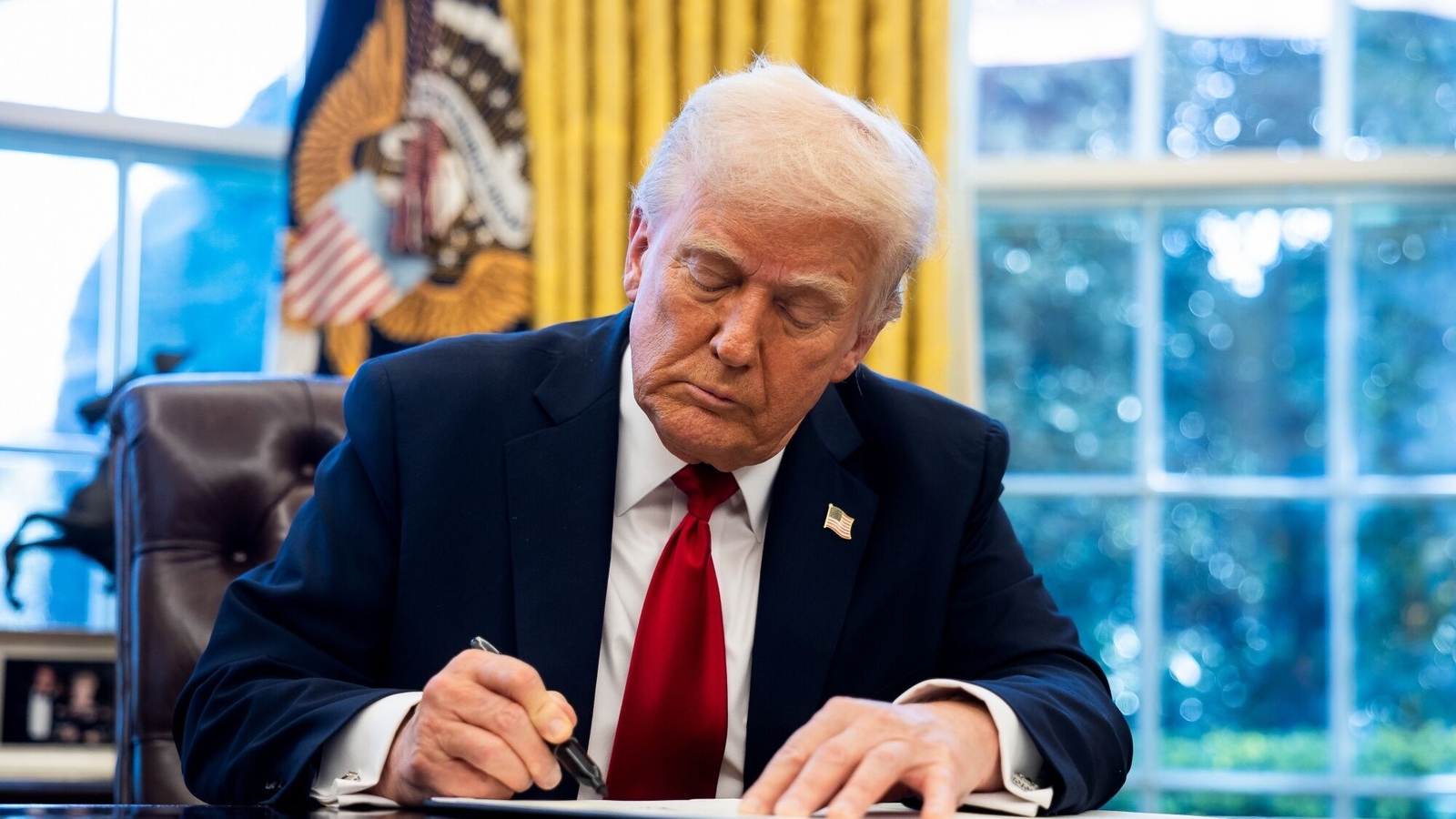Former U.S. President Donald Trump has announced a 25% tariff on imported vehicles, a move that could disrupt global trade and strain relations with major auto-exporting nations. Countries like Japan, Germany, and South Korea rely heavily on the U.S. market for car sales, making them key targets of this policy.
Trump argues that the tariffs will protect American manufacturers and boost domestic production. He claims foreign automakers have unfair advantages, which contribute to job losses in the U.S. auto industry. However, critics warn that higher tariffs will raise car prices for consumers and may trigger retaliatory measures from affected nations.
Global automakers and trade partners strongly oppose the decision. Japan and the European Union have hinted at possible countermeasures. Industry leaders fear supply chain disruptions and declining vehicle imports, which could hurt global automotive investment.
These tariffs are set to reshape international trade dynamics. They could intensify economic disputes between the U.S. and its allies. As negotiations and legal challenges unfold, the long-term impact on the automotive industry remains uncertain.




